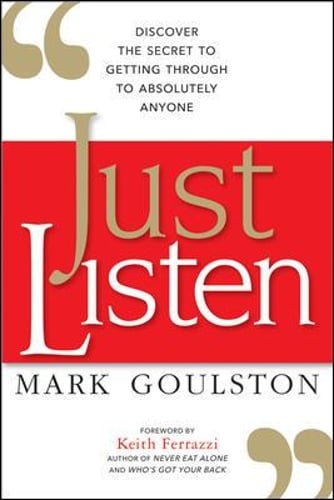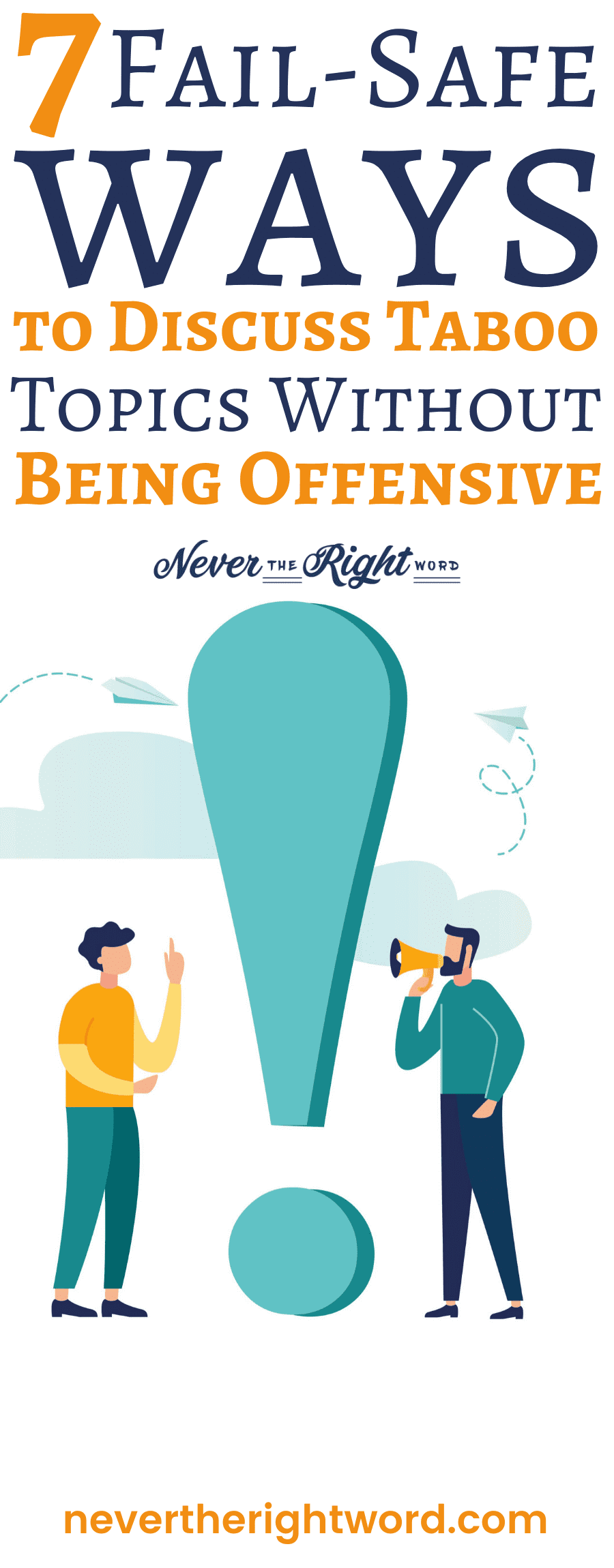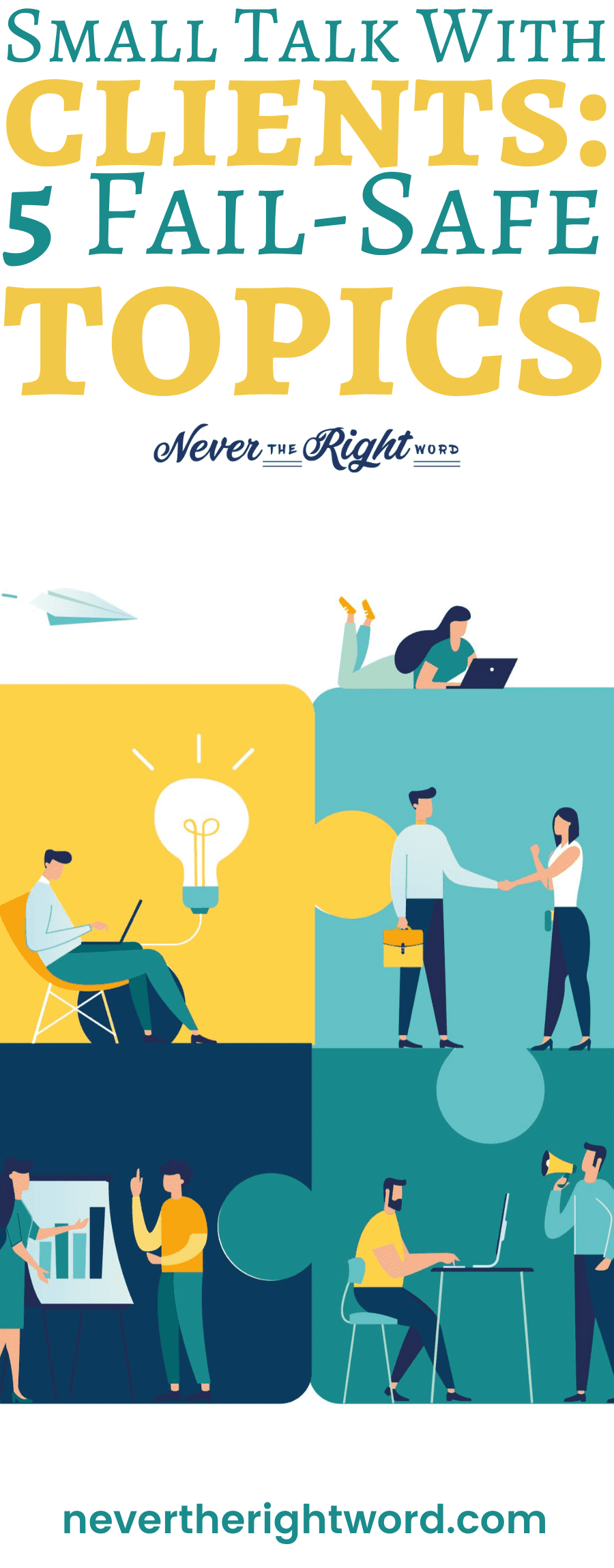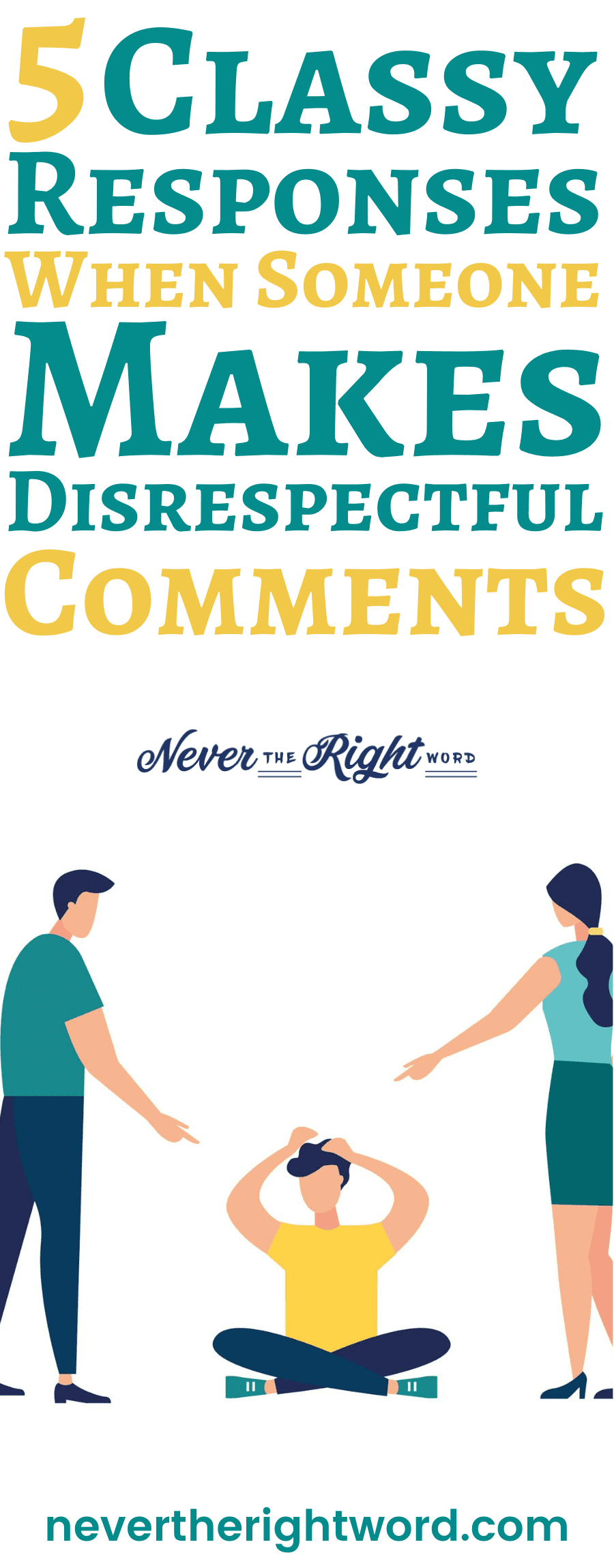How to Handle Conversational Narcissism
We all have a friend who loves to dominate the conversation. Initially, your conversational narcissistic friend might appear to be perfect. They portray attractive qualities, such as warmth, outgoingness, openness, and a willingness to share.
Getting to know them becomes easy, and their desire to share stories about their lives suggests that they will be able to return the favor. In addition to this, they might also have other winning attributes such as enthusiasm and playfulness, which draws people in.
After some time goes on, and you’re beginning to realize that things are not going as expected. Very soon, you will come to know that you have befriended someone entirely oblivious to your needs, and it’s draining!
You know that 90% of the time, they are talking at not with you, and every question they ask is not a sincere request to hear your opinion, but an opportunity to be once again seen and heard.
Are you someone who has self-obsessed friends?
We’re talking about the people who waffle about themselves continuously without asking you any darn questions? If this is the case, then you, my friend, know what it’s like to be a friend (or victim) of a Conversational Narcissist.
Some people refer to people who talk too much as narcissists. However, we prefer to call them self-obsessed or Human Radios.
Though narcissism became a popular word, it’s important to remember that it is a serious disorder and has a different meaning for a diverse group of people.
This could mean anything from someone with narcissistic tendencies, or a person diagnosed with a narcissistic personality disorder.
Not all excessive talkers are narcissists, and there are a bunch of reasons why someone might try to dominate the conversation.
Narcissism is simply one. The most likely culprit behind conversational narcissism is a need for attention and validation, a desire to fill uncomfortable silences or a lack of social skills, so give your friend the benefit of the doubt. They aren’t a terrible human!
Now, to clarify, the people that we are talking about here are usually only interested in having a conversation about themselves or something related to their lives.
They are not at all interested in having to listen to you. And even if they ask you a question, it might come across as superficial politeness, as they do not wait for you to answer. They may also interrupt you when you try to respond.
If you find yourself locked in a cycle of being bombarded with chatter from a conversational narcissist, there are a few ways to avoid getting trapped in it.
One tactic is to find a gap to squeeze some words in and keep talking once you find it. Therefore you interrupt your interrupter. Try to refocus their attention on what you have to say by force.
People who love talking will avoid asking any questions and showing any reactions so that the other person can stop talking as soon as possible.
Withdraw supportive statements, thus making them stop naturally. For example, you can stop saying statements such as, “Oh, I see,” “That is so true,” “I understand your pain.”
You’ll probably annoy the person by doing this, but on the flip side, if they are self-aware, they’ll realize that you’re giving them a taste of their own medicine and adjust their behavior accordingly.
These are your signs. A person who even has a bit of social sensitivity will stop talking right there, as it will feel awkward.
Another tactic is to find an excuse to leave when you’ve had enough. If the person is sensitive enough, they’ll pick up on the fact that you have other things to do than worry about what’s going on in their lives.
They might realize they’ve been dominating the conversation and start to ask you questions. For this tactic, you can also bring other people in on the conversation, which serves as a natural break or distraction.
Then there are some people so involved in having a conversation, and so oblivious to their own behavior, that they will never stop.
If you try and tell your friend the truth, you may find that you have to end your friendship with them. Sometimes you have no other choice than to walk away and maintain your distance to remain friends.
Since there is very little chance to change them, you start to take a look at what you can do at your end. Ask yourself, why are you in the friendship? Do you find making new friends difficult? Are you afraid that if you don’t listen, you will forever be alone? Are you allowing yourself to be used?
Friendship is about mutual gain and exchanges. Both parties should listen to and support each other during the time of need. To ensure that both parties can enjoy the conversation, it should flow from a mutual interest.
Sounds obvious, doesn’t it? But, how do you break out and stop your friend from talking at you? How will you know if the relationship is worth saving or not? The following are some of the best tips to handle a conversational narcissist:
Is Your Friend Talking Excessively To Get Help?
First and foremost, determine the reason behind your friend’s excessive talking. Will they not stop talking because they feel completely helpless? If so, they might make things even worse by thinking they cannot change things. If they need help, in that case, you might want to understand what they want.
Understand What Your Friend Wants From You!
Most of us need an ear when we’re going though challenges in our lives. If you think that every complainer needs your advice, then you might be wrong. Chronic complainers are in dire need of you to validate and acknowledge their ways of thinking. This provides them with temporary relief and removes the responsibility off of them (whether this it true or not).
Sometimes the kindest thing you can do is listen. Not to you’re own detriment, but be supportive and give your friend the benefit of the doubt. We all behave like this at some point. The time to shake things up is when you see a consistent and stubborn pattern. If you’ve found yourself assigned the role of ’emotional dumping ground’ then you’ll need to consider the folllowing:
Is This Friendship Worth Saving?
Set Boundaries
When you are involved with energy zappers, you might want to consider the amount of time you are willing to listen to them. You should be specific with your time limit, as it is important to protect your own mental space when trying to help others.
Some topics might only seem interesting to your friends because you have a particular interest in it and they care about you. Being a good friend, you will try and do the same for them as well. You will listen to their interest and hobbies that are not particular not of any interest to you. But since you care for them, you show your support.
An essential part of a good relationship or friendship is to learn the art of balancing the conversations between the topics that are mutually interesting and those that are of interest to only one involved. This balance will avoid anyone of you sounding whiny when you talk about yourself with your friends.
Tip 1 | Acknowledge, Listen, Then Move On
To comfort your friend, try to listen to what they have to say to you and then acknowledge their feeling and validate them. It is the validation that they are craving ultimately. Do this as soon as possible. If you take too much time, it might not be in the best interest of anyone, including your friend.
In addition to protecting your well-being, you will also help your friend improve and develop patience and self-confidence. By ensuring validation to the discussion, you are signaling them that you believe in what they have to say.
Determine a good excuse to end the conversation as soon as possible, either by removing yourself from the discussion or by changing the topic of conversation. You can probably ask them their opinion of a particular problem, which will divert their attention over to you.
Use any problem that you are going through in your life to which you do not have an answer and try to get their opinion on it. You can keep continuing the chat on the topic. For instance:
I need your opinion on something. I’m not sure whether to go for that class that we talked about the other day. It seems great, and I know you had a great time, but it will cost about $500 for 10 lessons. Do you think it’s worth the cash?
If your friend isn’t too self-obsessed, they’ll drop what they were talking about and offer you come advice. If they do not share their opinion with you, you can try to turn the conversation back to them. You can try the ‘Sharing Principle’ instead.
Illustrations courtesy of Shutterstock.
This article was originally published on https://www.nevertherightword.com. If this article appears on any other site other than https://www.nevertherightword.com without clear referencing it is a violation of the copyright owned by https://www.nevertherightword.com.
This article may contain affiliate links. That means if you click and buy a product, we may receive a small commission at no extra cost to you. Never the Right Word is a participant in the Awin Affiliates Program, an affiliate advertising program designed to provide a means for sites to earn advertising fees by advertising and linking to participating merchants. For more information, please view our Privacy Policy and Earnings Disclosure page.
Tip 2 | The Sharing Principle
If your friend is showing signs of being not interested at all in what you have to say, this principle can be of great help. The sharing principle suggests that share as much about yourself as the other person does. When you start to share more stuff about yourself, you are breaking your friend’s pattern of doing all the talking.
The sharing principle can be challenging if you are not ready to share too details about yourself, but it’s worth a shot. The other person will tell you about their day; you should also do the same. Talk about a tricky problem that you are going through. If the other your friend doesn’t respond, then you can try the ‘Preparation Method.’
Tip 3 | The Preparation Method
Do not give up on your friendship, until you know the exact reason or the problem. Be open and honest about what’s going on with your friend. People do not realize that they are doing all the talking and thus monopolizing the conversation, so once you’ve made them aware of the situation, you can change the overall dynamics of your friendship.
Before talking to your friend, make sure you ask yourself some of the following questions. What is it that is stopping you from having a conversation with your friend? Is your stopping you from conversing or are they doing all of the talking and never take a pause? Are they turning back the conversation when you try to say something? It is important to ask the following questions to yourself.
- How does your friend’s non-stop talking make you feel?
- Is it affecting your relationship?
- Is there any way to improve the issue?
- What are the things that you can ask your friend to improve on?
For instance, you can say something like this:
Hey Adam, I would like to take a minute of yours and speak about something that has been bothering for quite some time. I have a great time when we are hanging out together, however, at times I have a hard time to get a chance to speak during the conversations that we have. I care a lot about you as a friend and enjoy knowing the things that are going on in your life. However, I will need a little more space to talk about the things that are going on in my life as well.
Always acknowledge the good parts of your friendships. That way your friend won’t feel as though they are under attack. In addition to this, both of you will know why the relationship is worth saving. Furthermore, if you care about the friendship and want to save it, do not put accusations on each other. You must avoid saying something like, “You never give me the chance to say anything”, or “You are always doing the talking.”
If you keep using words such as “Always” and “Never”, it is a possibility that your friend will become more defensive. And if they get defensive, they might fire back at you with the things that you do and do not do. These will lead both of you to have an out and out fight with each other. When you make use of words such as “I”, it helps you to make statements only about you and what you are thinking. In other words, you are not accusing your friends about the things that they might or might not do.
Tip 4 | The Exit Strategy
No matter how hard you encourage people some will never change because they have no intention to. One-sided friendship is not real friendship. Therefore, if you do not like the conflict happening between the two of you, it is better to call it quits while you’re ahead. Let them know clearly that their unwillingness to share the conversation is causing a serious problem. Maybe it can help your friend to get motivated to change.
However, if you are looking to let them go, some of the ways you can distance yourself from them by not receiving their phone calls or by not responding to their messages. If they ask you to hang out with them, you can say no to those invitations. Instead, you can start spending more time with your other friends. Being completely honest and straightforward can be difficult, but you’ve got to do this. It is the only way to get toxicity out of your life.
[Name], I care about you as a friend, but this friendship is not good for me. If you remember we had a conversation about how I need more space to talk in the conversation and to be honest I don’t think anything has changed. It all feels one-sided, and I’m not feeling it.
There is no need to be rude to them, but do not sugar-coat the issue as well. It is better to get things on the table sooner rather than later.
You should ask yourself some questions. Do they care about you and your feeling? Or is it all about themselves? If they care about you, but might not be aware of their self-centered approach. If this is the case, then your friendship might be worth saving.
Friendship should be built on a foundation of mutual respect. However, if they are not interested in your life then you might be their friend but they are certainly not yours.
If you do not feel excited or happy around them or feel victimized or drained, there is no point in saving the relationship with your friend, because it is not worth it. Most one-sided relationships have foundations based on using each other for something.
It could be anything including a free ride, therapy, or a free place to sleep. If you find yourself investing in others without a return, then there is no point in hanging on. However, this does not mean that if your friend is a bad listener that they are using you.
Break the Cycle
Let’s not get stuck in the listener’s trap! If it is a new budding relationship, do ensure that you establish a more balanced kind of relationship. At the start, it is much easier to get out of the listener’s trap. Try to focus on the things that are common in between you. When you speak about mutual topics, you can both get a chance to talk and thus enjoy the subject.
The other person will also let you talk more when you are talking about the topics that interest them. At first, when meeting new people, start sharing details about yourself and make sure you listen to others when they are doing the same.
You might want to show that you are a good listener, but at the same time, it is important to create a balance between listening and speaking. If you keep listening, they might get a sense of feeling that you do not want to talk and thus will take it upon themselves to keep the conversation ongoing.
Furthermore, only speak about yourself once and then be done with it. The next time you get to meet them, you can speak to them about something else that happened with the same related topic. However, ensure that you do not keep emphasizing the same time over and over again.
It is not always to keep the conversation happening on topics related to mutual interest. You can speak on something else as well. Do keep in mind the 50-50 rule. Talk about as you would like to listen. This rule will help you to keep the conversation in balance.
If the person does not even allow you to speak, then they might never be your friend after all. Characteristics of true friendship are an essential part of your overall well-being, including mental and emotional support, as you keep developing through your lives. Real friendship qualities include such as help and support, mutual activities and interests, and being close to each other.
That being said, being in a listener’s trap is not at all, a fun place to be in. It is incredibly harmful to your friendships and will cause you to miss out on good relationships. While it might not be easy to break out from such a trap, do remember that it is possible, and you can start today with one step at a time.
At Never the Right Word, our aim is to give you practical examples of how to handle life’s difficult conversations. If you have an awkward situation that you’d like example templates for, request a topic here.
If you’re interested in further reading, we’ve also included links to our trusted resources and related posts below. To find out more about NTRW and our recommended tools, you can do that here.
Lastly, if you found this content helpful or want to share your own examples, let us know in the comments. We’d also be delighted if you shared this article and joined us on social media too!

Never the Right Word
Hi there! I’m Amy, and I’m the person behind Never the Right Word. I’m a designer-by-day who’s fascinated by human psychology; you’ll find me learning about what makes others tick through all types of media and good old-fashioned conversation. Learn more about me here.
In 2019 Never the Right Word was born to fill the gap of ‘how-to’ websites with copy and paste examples showing you EXACTLY what you need to say to steer difficult conversations into positive outcomes.
Recent Articles...
Relevant Books We Recommend...

Just Listen: Discover the Secret to Getting Through to Absolutely Anyone is the perfect book for anyone who wants to get better at making new friends, negotiation or just dealing with people. Drawing on his experience as a psychiatrist, business consultant, and life coach, author Mark Goulston shares simple but powerful techniques readers can use to break through the tough exteriors of colleagues, friends, strangers, and even adversaries. Just Listen reveals how to make a memorable and positive first impression, listen effectively, calm an angry or aggressive person down, and steer conversations toward a more rational mindset and much more. Get your copy of Just Listen by CLICKING HERE.

Becoming the Narcissist's Nightmare: How to Devalue and Discard the Narcissist While Supplying Yourself by author Shahida Arabi offers practical tips and alternatives for recovering from the trauma of narcissistic abuse. Each chapter features links to relevant articles, podcasts, and social media resources. The book explores these resources and combines them into a comprehensive and revealing look at narcissistic abuse and its effects on those who have fallen victim to it. Since pathological narcissists are unlikely to seek treatment, it is difficult to pinpoint what exactly makes them tick and determine the manipulative tactics they use. You can get your copy of Becoming the Narcissist's Nightmare by CLICKING HERE.

In What Every Body Is Saying: An Ex-FBI Agent's Guide to Speed-reading People we are shown how we can use our subconscious statements to use to our greatest advantage and also gain clues to what others are 'saying' nonverbally. Author Joe Navarro, a former FBI counterintelligence officer and a recognized expert on nonverbal behavior, teaches readers many skills such as how to "speed-read" people; correctly analyze moods and intentions, and decode and detect deceptive behaviors. Readers are also shown how their body language can influence what their employers, friends, and family, and even strangers think of you. CLICK HERE to get your copy.

In How To Kill A Narcissist: Debunking The Myth Of Narcissism And Recovering From Narcissistic Abuse, author JH Simon discusses how narcissism creates a set of thought processes, behaviors, and paradigms in its victim which must be changed from the inside. This is a book with two aims: to get clear on accurately identifying a narcissistic personality so it can be detected before something insidious takes place and (should you fall victim) present you with an inside-out strategy for healing, recovery, and freedom. This book is written to give control back the victims of Narcissistic Personality Disorder. CLICK HERE to get your copy.
Check Out Our Recommended Resources.
Looking to become a digital publisher like us? We highly recommend these tried-and-tested tools:
We Recommend Elegant Themes
The Elegant Themes membership gives you complete access to 87 amazing themes and 3 awesome plugins, including Divi, the ultimate WordPress Theme and Visual Page builder. Elegant Themes have been building the world's most popular WordPress themes for the past 10 years, and rest assured their products will always be improved and maintained.
Build Anything With Divi Theme
One of the most popular WordPress themes in the world. Building layouts is easy and fast, making it ideal to create mockups and wireframes, prototyping a design, and creating the website itself. Build from the frontend or backend. The builder is intuitive. It's easy to learn and can be used by non-developers to create amazing websites.
Customize With Divi Cake Plugins
Divi Cake’s main goal is to help the members of the Divi community find the perfect premium Divi themes, layouts, and plugins created by leading Divi developers and designers. Shop hundreds of premium Divi products like Divi child themes, Divi layouts, and Divi plugins on Divi Cake, the community-driven Divi Marketplace. Find out more about Divi Cake here.
We ❤️Shutterstock Media
We get our images from the OG in stock assets. Boost your business with the right images. They're royalty-free and ready to use. Footage & Music Libraries. 4k Images Added per Hour. No Daily Download Limit. Speedy Search & Discovery. With flexible plans and countless amounts of premium content uploaded weekly, we had to mention Shutterstock.
Skill-Up With LinkedIn Learning
When you want to enhance your professional skills with expert-led, online video tutorials, the only place to go is LinkedIn Learning (Lynda). With a subscription you get 24/7, unlimited access to over 13,000 business, design & tech online courses and with a free month. We like them because we get expert-led courses that we can access anytime, anywhere. What's not to love?
Reliable Hosting With SiteGround
SiteGround boasts a whole list of fantastic features at amazingly affordable prices. Along with multiple growth options, free site transfers and domains, built-in Content Delivery Network integrations, WordPress support, AND human support we wouldn't go to anyone else. They're basically faster, safer, and more supportive- you can check them out here.
We Trust Grammarly Premium
Even seasoned writers need a helping hand at times, that’s why we trust Grammarly Premium. As the World's Most Accurate Online Grammar Checker, Grammarly Premium goes beyond grammar to help you ensure that everything you write is clear, engaging, and professional. Try Grammarly Premium’s AI-powered assistant here.
Find Graphics With Creative Market
Creative Market is the world’s marketplace for design. Bring your creative projects to life with ready-to-use design assets from independent creators around the world. We love the unique finds, social media templates, vectors you name it they have it. I also doesn't hurt that our founder has a little store on there...
Powered by Creative Market
Powered by Creative Market
Contact Us
Follow NTRW
Support NTRW
Donating to Never the Right Word will
help us produce more free content. Thank you!




















